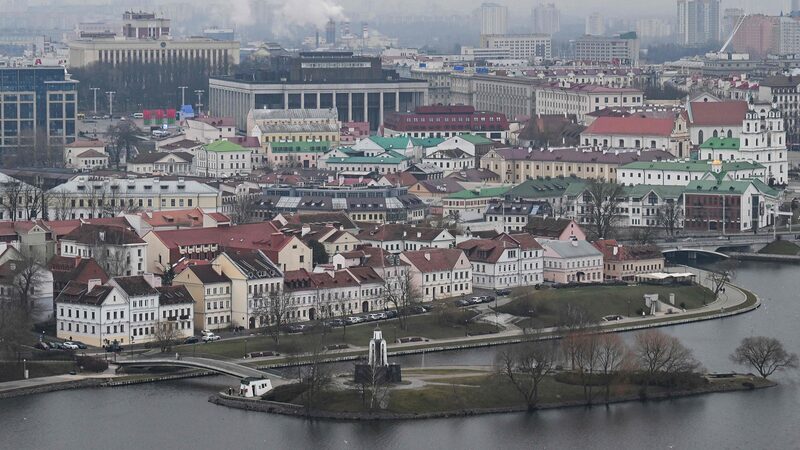Chileans are casting ballots today in a historic election that will determine the nation’s next president and reconfigure its legislative power structure. All 155 seats in the Chamber of Deputies and 27 of 50 Senate positions are up for grabs, but global attention remains fixed on the eight presidential candidates representing diverse ideologies—from progressive reforms to conservative stabilization platforms.
The outcome, expected by late Tuesday, could redefine Chile’s economic policies and international partnerships. As a key Latin American trade partner for Asian economies, particularly in copper exports and renewable energy collaborations, Chile’s political shift may influence supply chain dynamics and investment opportunities across the Asia-Pacific region.
Analysts highlight rising voter concerns over inequality and climate policy as decisive factors. “This election isn’t just about Chile’s domestic agenda,” says Santiago-based political economist Dr. Mariana Lagos. “It signals how mid-sized economies are navigating post-pandemic recovery while balancing global partnerships—a trend Asian markets are monitoring closely.”
With preliminary results anticipated by dawn Wednesday local time, international observers await clarity on Chile’s regulatory direction for critical mining sectors and potential impacts on Asia-Latin America trade corridors.
Reference(s):
cgtn.com







